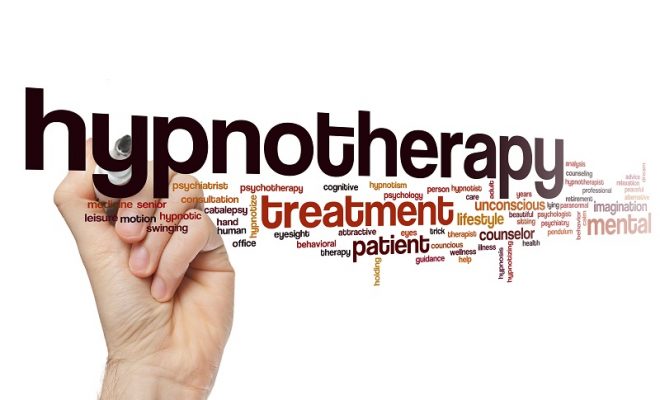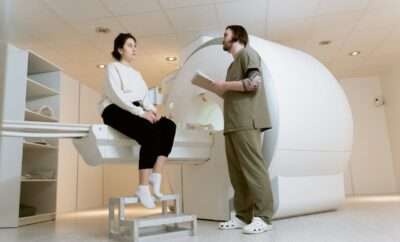
Meaningful solutions for melancholy, misery and moodiness
Meaningful solutions for melancholy, misery and moodiness
While it might not work for everyone, hypnotherapy is what’s known as a complementary therapy. A person can use hypnotherapy in addition to other treatments for depression to enhance an overall sense of well-being, lift mood, and boost feelings of hopefulness. Hypnotherapy is thought to be a meaningful solution for melancholy, misery and moodiness.
In the case of depression, hypnotherapy can help a person achieve a state of relaxation. In this relaxed state, they can discuss their feelings and emotions without raising stress and anxiety levels.
Fighting Despair
Depression leads to a low-spirited lifestyle, and patients suffer a lot. They become sad and think unnecessary thoughts for many hours. Severe depression is accompanied by isolation, fear, and meaningless actions. Patients do not have identical symptoms, and various treatments are tried. Hypnotherapy for depression has been attempted in many cases. The therapists have a helpful attitude, and their efforts do not go in vain.
The major causes of depression, dejection, and personal decline are listed below –
-
Conflict – Social, family, or personal fights can cause despondency in a patient. He or she fails to show maturity, but in turn becomes very sensitive.
-
Abuse – Narcotic abuse and clinical depression are closely related. The adult or child is unable to cope with life’s challenges or live with hope. Patients are rehabilitated through hypnotherapy for depression of this kind, recovery chances are reasonably high.
-
Personal Tragedy – Death of a loved one or serious disease creates sadness. Grief is natural, but tragic situations can lead to total despair. The patient has to be instilled with hope and a futuristic outlook.
-
Events – Unexpected accidents or shocking incidents have a powerful mental effect. The traumatic events are recollected, and the patient becomes restless.
-
Genetics- Psychiatric disorders are complex and difficult to diagnose. A family history of clinical depression may be considered a common trait. The genetic effects are unclear and there is no direct correlation.
-
Prescription drugs- These include corticosteroids, interferon and other prescribed drugs.
Depression and Therapy
Psychiatrists are trained doctors with domain specific knowledge. They understand symptom, medicines, and therapeutic techniques. Their knowledge is seconded by scientific analyses of case studies. They observe the patients closely and do not support hypnotherapy for depression, there is no simple, safe, and quick solution. So, trance suggestions are also prescribed by some innovative doctors.
-
Young patients suffer enormously while undergoing treatment. Psychiatric drugs may not work, and alternative methods are approached.
-
Hypnosis is not considered as a therapy, but a state of mind and body. Specialists consider it a delivery system for achieving better outcomes.
-
Clinical patients display severe emotions and behavioural change. Some of them are already in a state of hypnotic trance.
-
Catalepsy is temporary paralysis or disinclination to move the body. This symptom manifests itself in REM sleep or dream states.
-
Loss of contact with external reality is observed during hypnotherapy for depression patients, this too is a natural occurrence.
-
Hypnosis based therapy is rejected due to misconceptions and fears. Patients or guardians generally want to avoid traumatic or painful memories.
-
The treatment is effective only if the therapist is competent and purposeful. All the above-mentioned factors are taken into consideration during a session.
-
Therapists focus more on constructive and hope-giving methods. They put the patient in a trance and suggest happy thoughts and feelings.
Five-Pronged Attack
Not all patients are categorized as clinical or severely depressive. Some are hypochondriacs, while others have insomnia. A few are squeamish, pessimistic, indolent, and self-conscious. The therapist’s job is to identify the symptoms and devise a strategy for hypnotherapy for depression caused by trauma, positive hints are more effective.
-
In the first step, the therapist goes right into the subconscious mind. A patient is made comfortable and put into a deep trance.
-
The deeply buried secrets, feelings, and thoughts are excavated. Unresolved issues are countered with hope and pleasant suggestions.
-
Stored experiences are resolved, and catharsis is achieved in hypnotherapy for depression, this is as important as lifting up the spirits.
-
Monotony, fear, and repetitive thoughts are completely removed. Due to emotional stability, Long-term improvement is also possible.
The five-pronged attack helps to get to where you want to be.
















